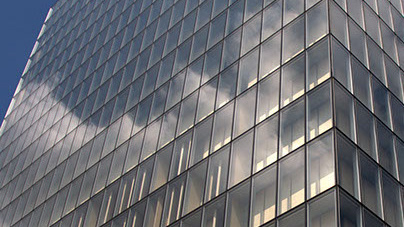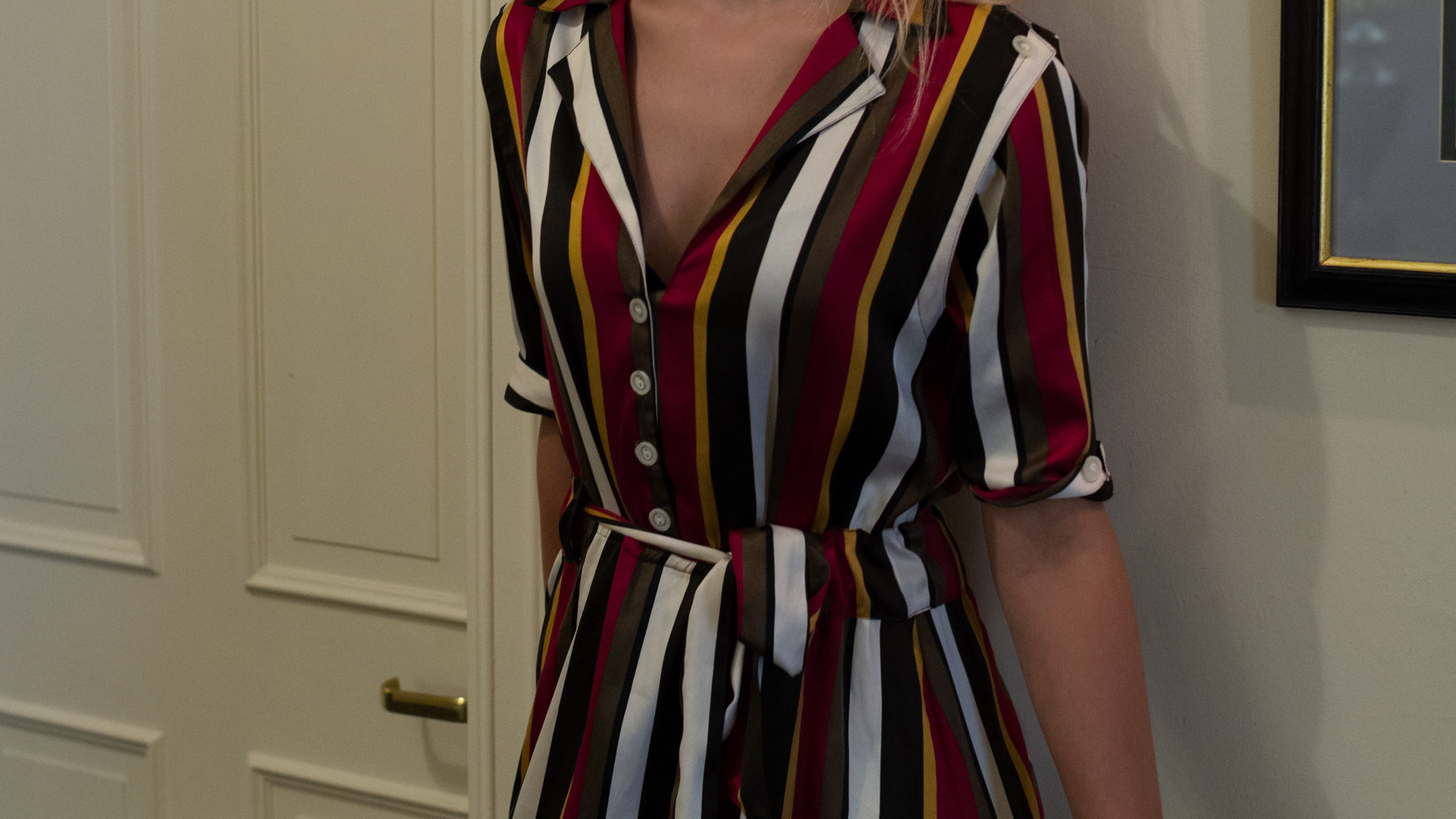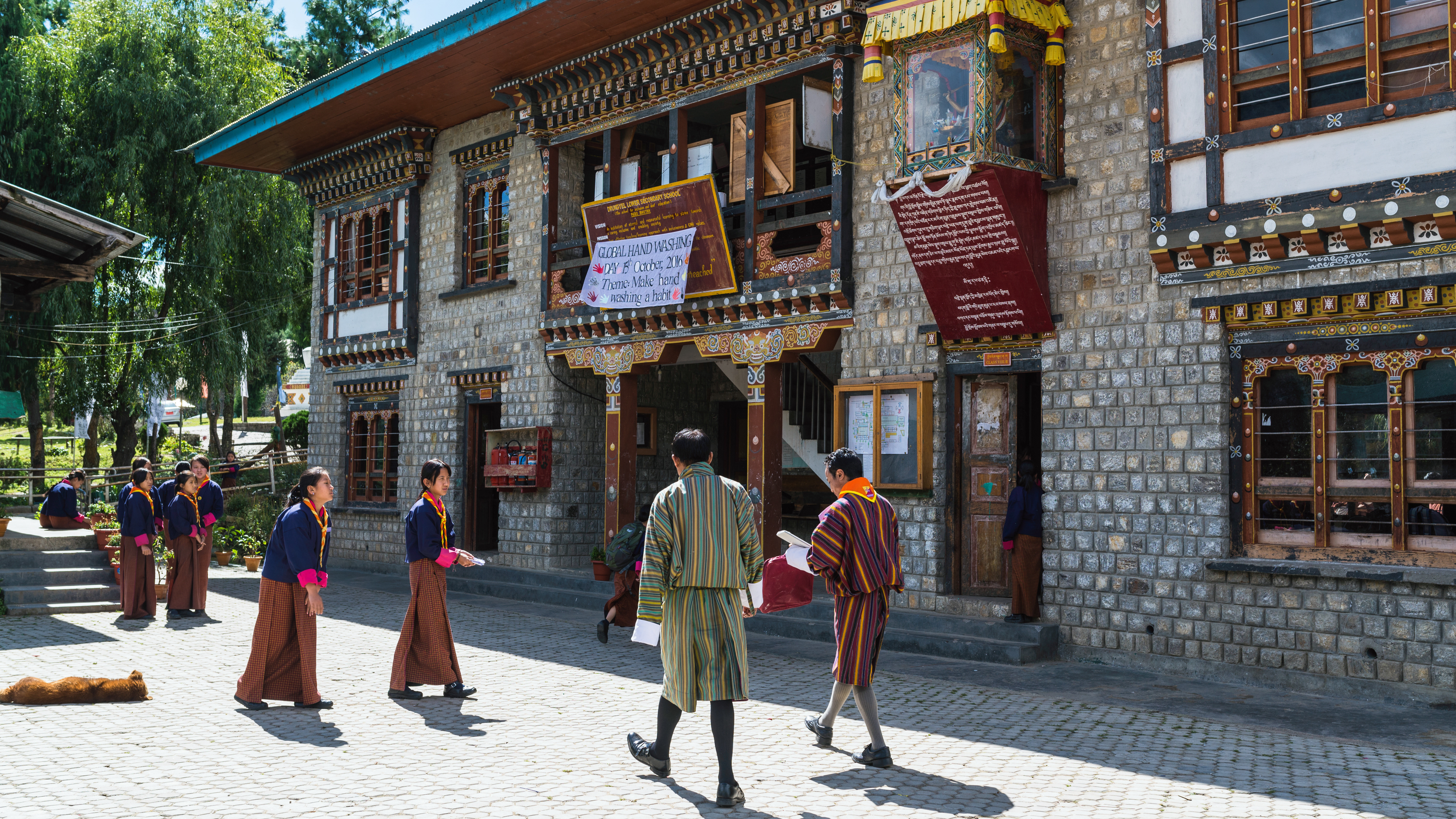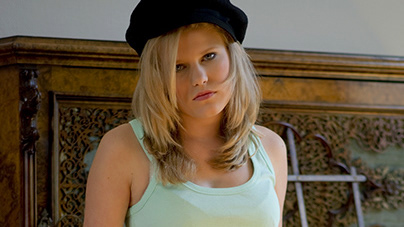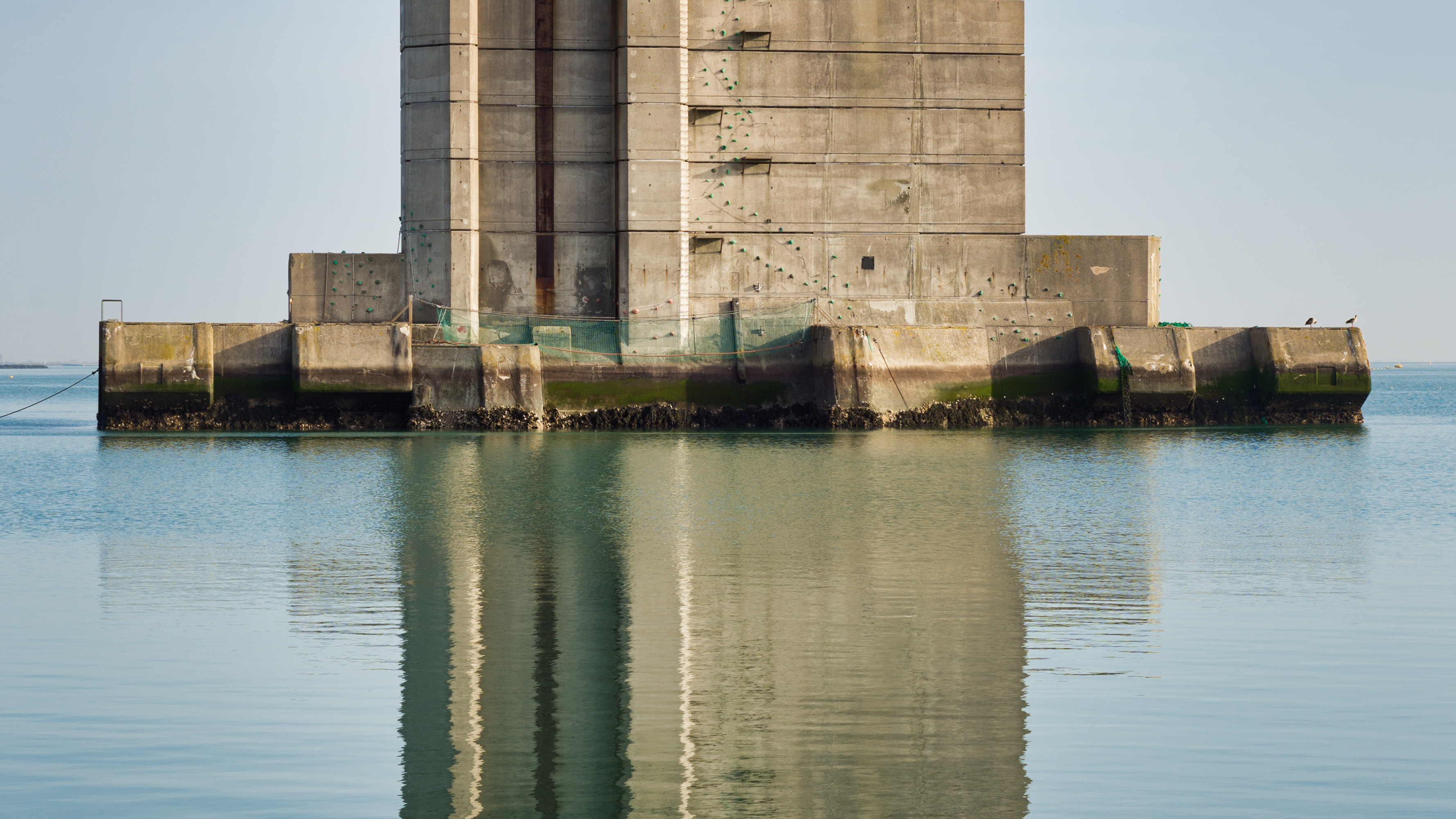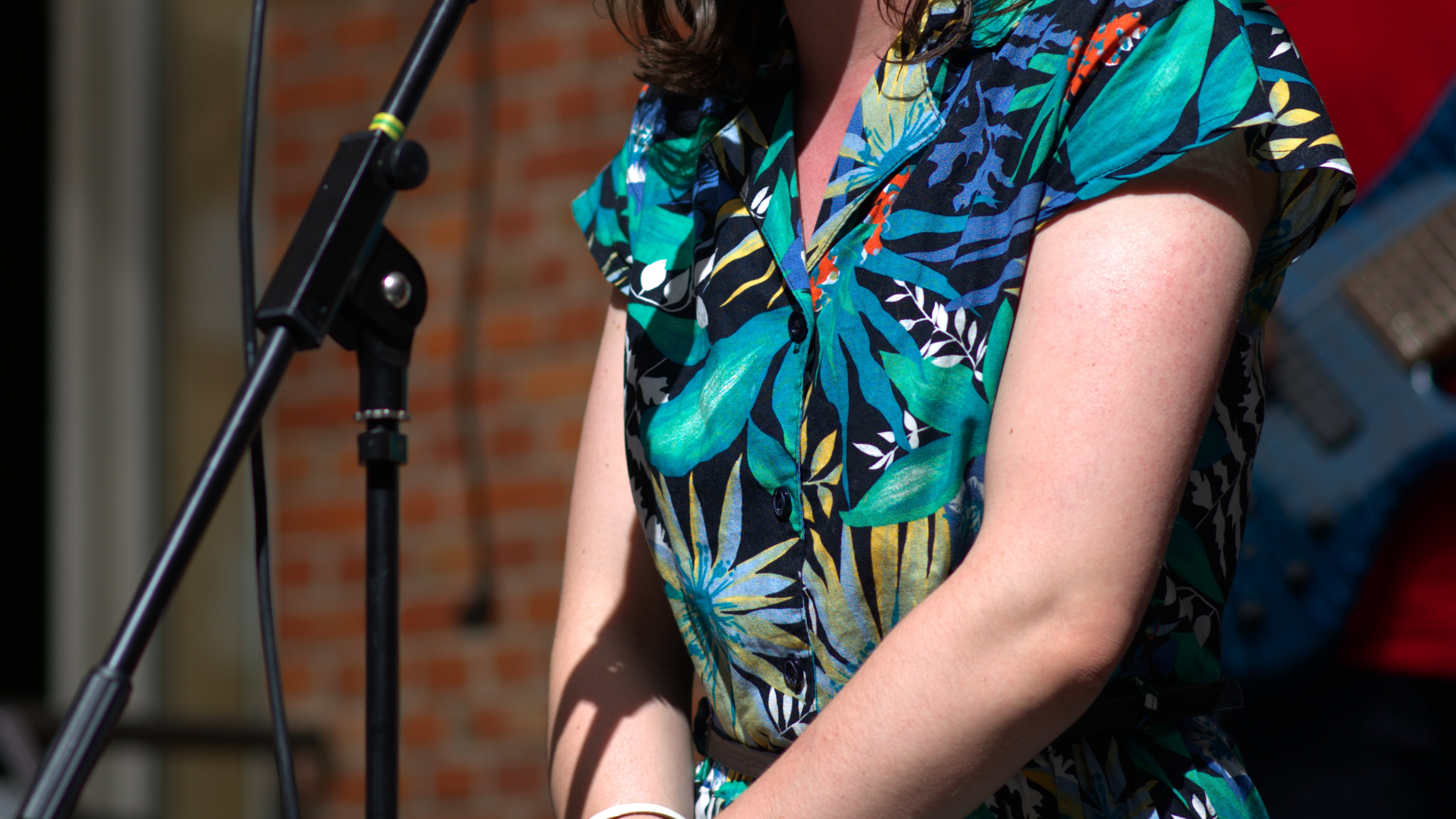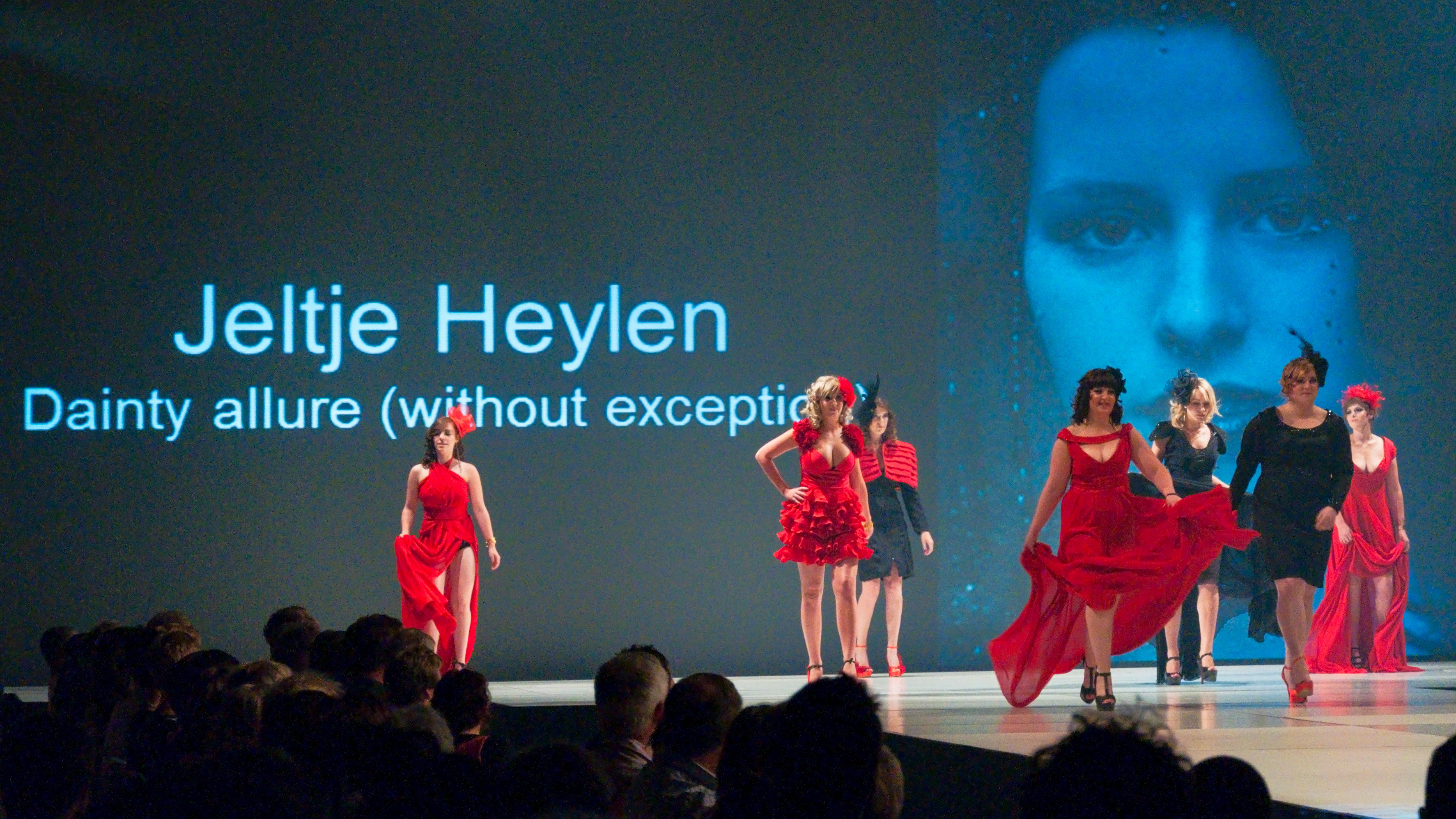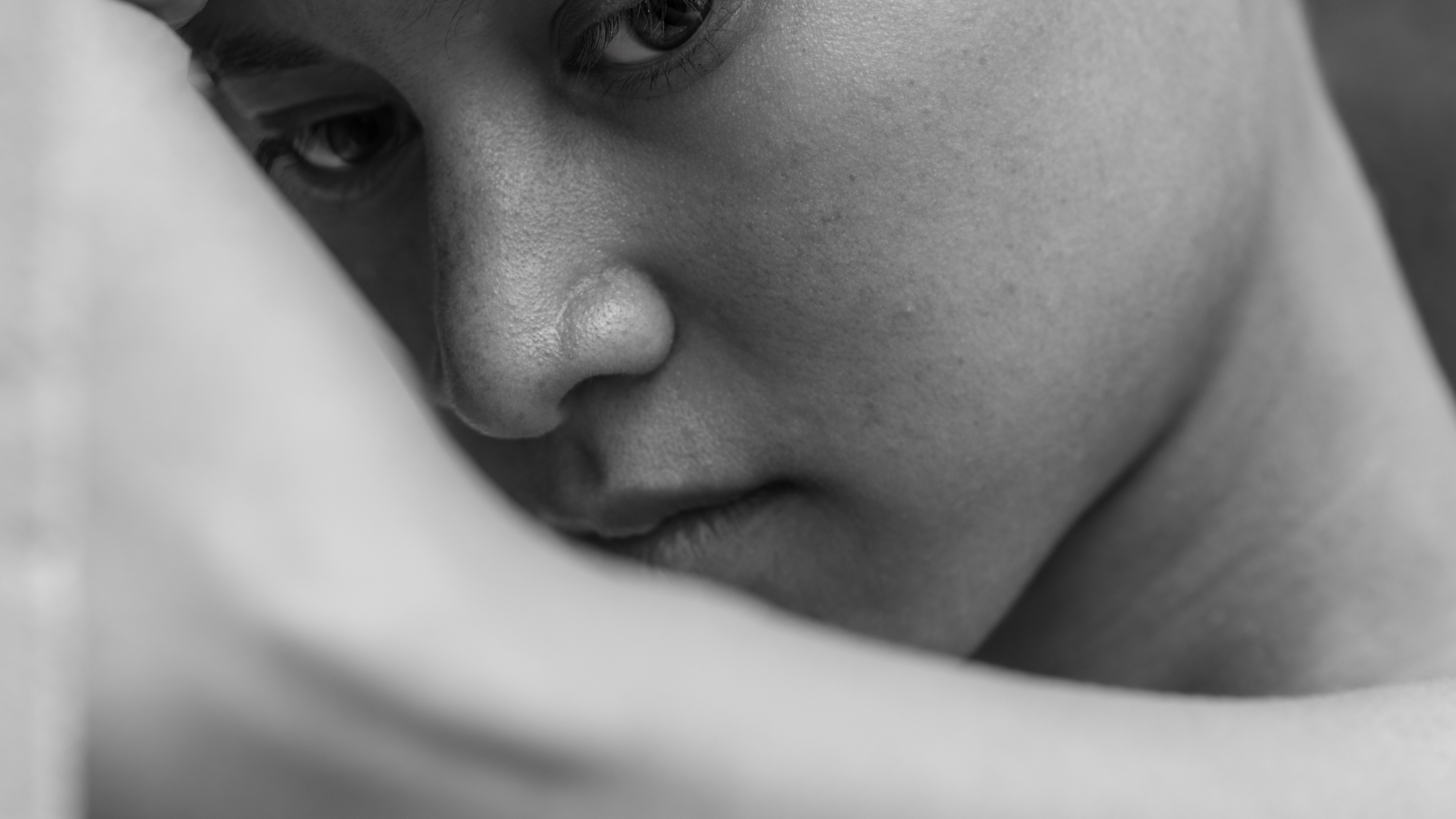Jazz in Brussels boasts a rich and vibrant history, making the city a key hub for the genre in Europe. Jazz first arrived in Brussels in the 1920s, quickly becoming a part of the city's cultural fabric. The city embraced this new music, with clubs and bars hosting performances by both local and international artists, turning Brussels into a crossroads for European and American jazz musicians.
Iconic venues like L'Archiduc, an art deco bar that opened in 1937, have been central to the scene, hosting legends like Django Reinhardt and continuing to be a popular spot today. Other notable venues include The Sounds Jazz Club and The Music Village, where live jazz can be enjoyed in intimate settings.
Brussels also hosts a variety of jazz festivals, attracting both local talent and international stars. The Brussels Jazz Weekend, a free annual event in May, fills the city with music across squares, parks, and venues. The Saint-Jazz Festival is another highlight, showcasing contemporary jazz in various locations around the city.
The city's jazz scene is marked by its international flavor, reflecting Brussels' diverse cultural landscape and its role as a European capital. This global influence has created a melting pot of different jazz styles, from traditional to avant-garde.
Brussels is also a center for jazz education, with institutions like the Royal Conservatory of Brussels offering specialized jazz programs. This focus on education has nurtured a new generation of talented musicians who continue to innovate and push the boundaries of jazz.
Today, Brussels’ jazz scene is thriving, blending established traditions with modern influences. The city's jazz community is known for its openness to experimentation, making jazz in Brussels a dynamic and integral part of its cultural identity.
Photography: Walter E. L. Somers

